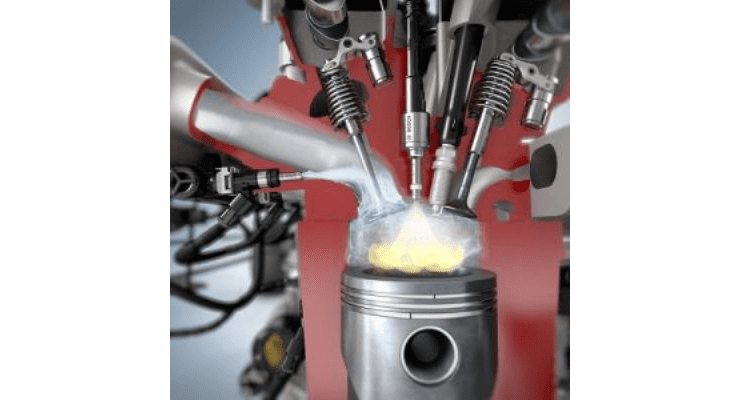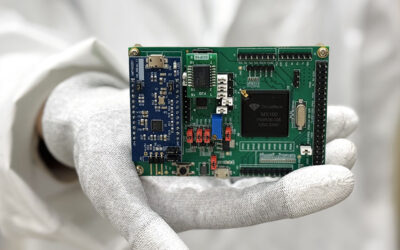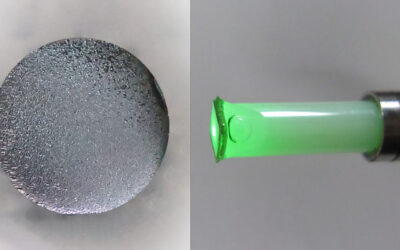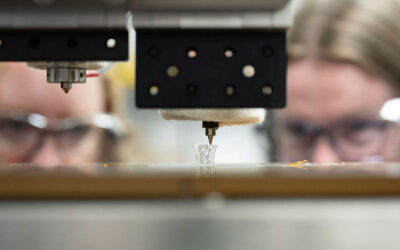Even advanced gasoline engines waste roughly 20 % of their fuel. Especially at high engine speeds, some of the gasoline is used for cooling instead of for propulsion. With its new water injection, car industry supplier Bosch shows a new way. Particularly when accelerating quickly or driving on the freeway, the injection of additional water makes it possible to reduce fuel consumption by up to 13 %, as the company told.
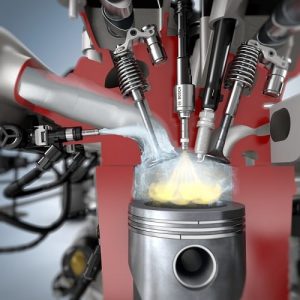
To reduce fuel consumption, a fine mist of water is injected into the intake duct. Source: Bosch.
“With our water injection, we show that the combustion engine still has some tricks up its sleeve,” says Dr. Rolf Bulander, chairman of the Bosch Mobility Solutions business sector and member of the board of management. The fuel economy offered by this technology comes especially to the fore in three- and four-cylinder downsized engines: in other words, in precisely the kind of engines to be found under the hood of any average midsize car.
But it is not only in the area of fuel economy that the innovation comes into play. According to Bosch, it can make cars more powerful as well. “Water injection can deliver an extra kick in any turbocharged engine,” says Stefan Seiberth, president of the Gasoline Systems division. Earlier ignition angles mean that the engine is operated even more efficiently. On this basis, engineers can coax additional power out of the engine, even in powerful sports cars.
The basis of the water injection technology is a simple fact: an engine must not be allowed to overheat. To stop this happening, additional fuel is injected into nearly every gasoline engine on today’s roads. This fuel evaporates, cooling parts of the engine block. With water injection, Bosch engineers have exploited this physical principle. Before the fuel ignites, a fine mist of water is injected into the intake duct. Water’s high heat of vaporization means that it provides effective cooling.
This is also the reason only a small additional volume of distilled water is needed: for every one hundred kilometers driven, only a few hundred milliliters are necessary.
More information: www.bosch-waterboost.com

